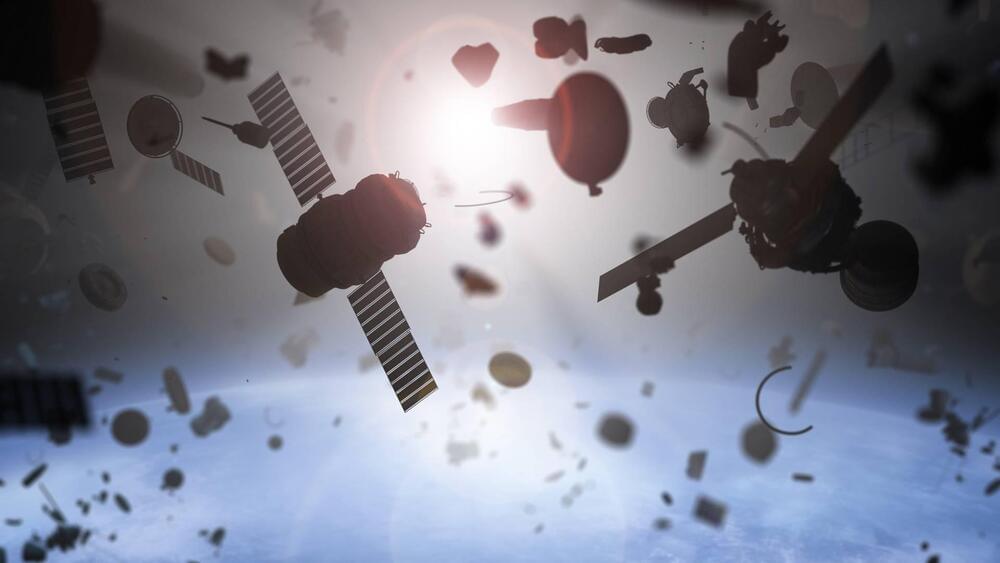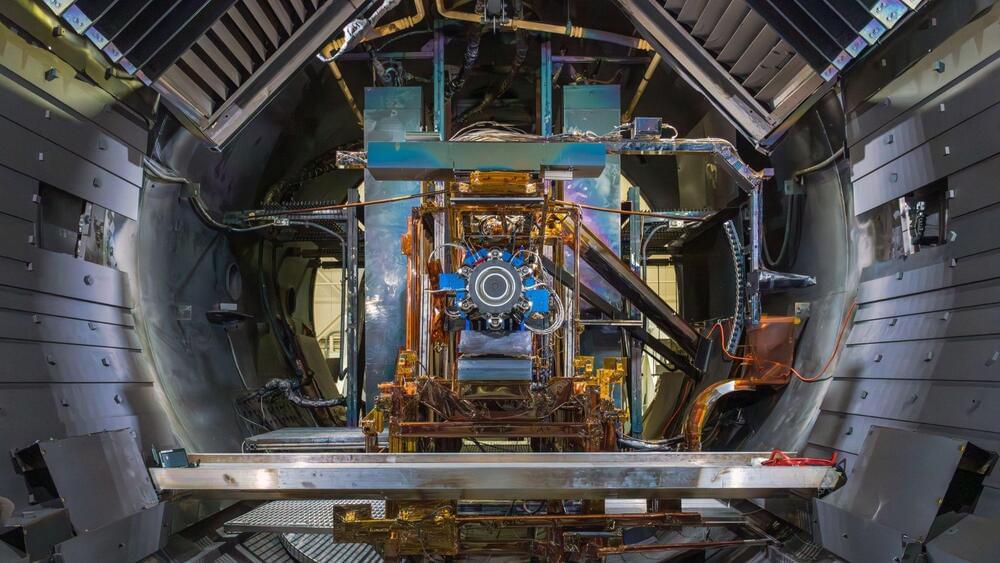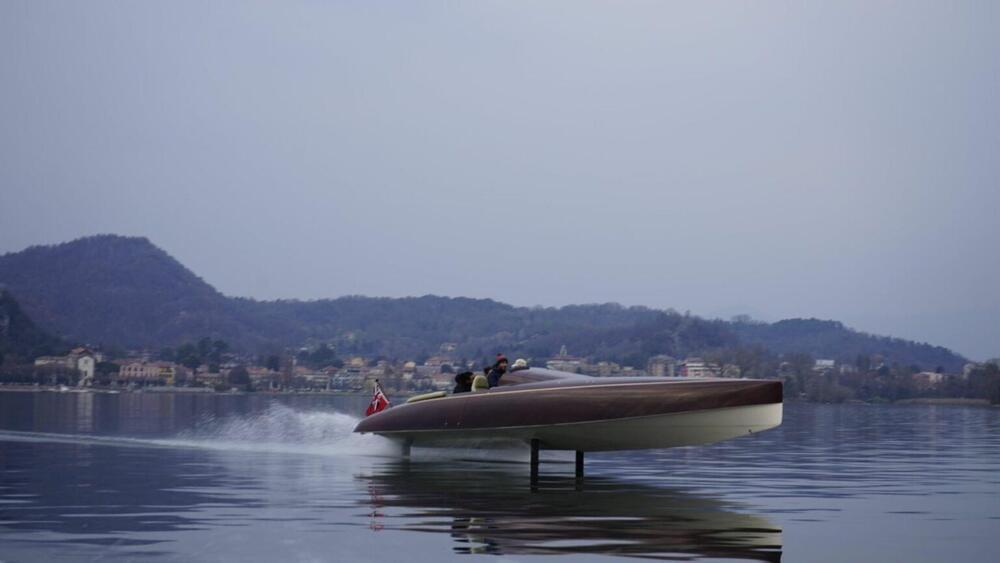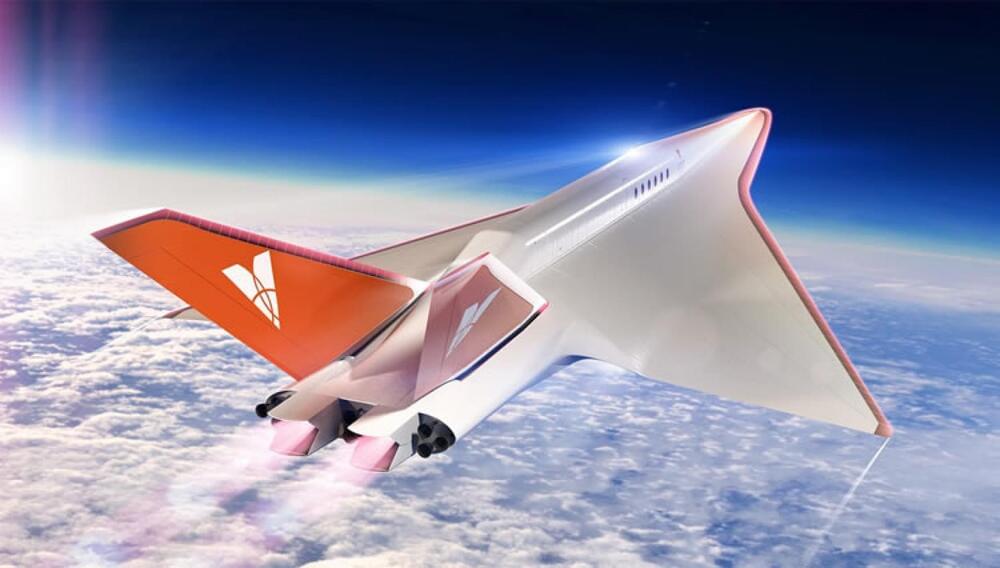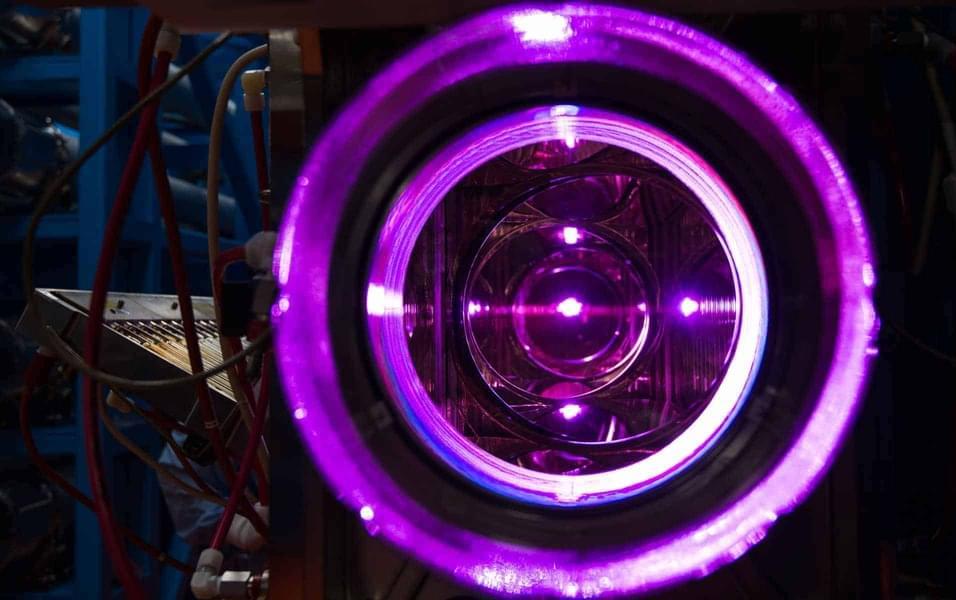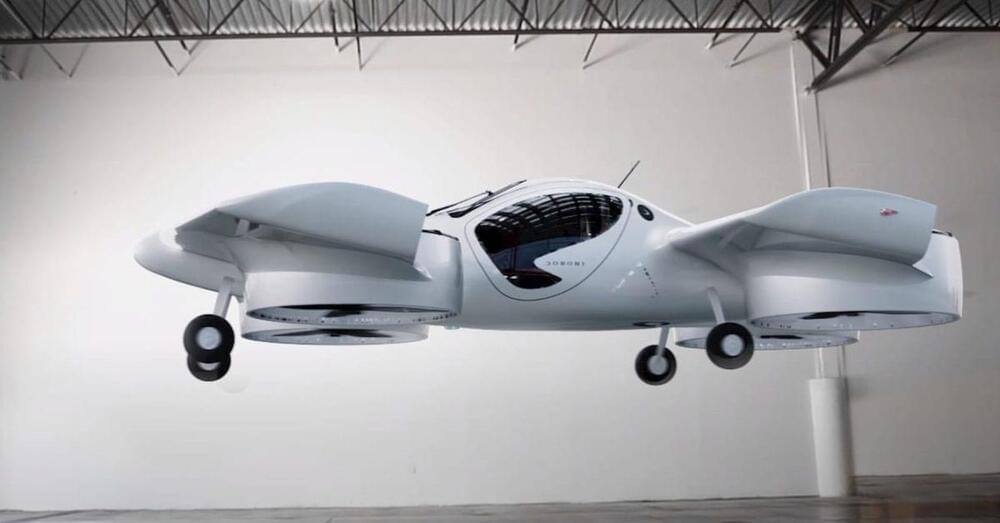Jul 14, 2023
Scientist protects crafts from space debris in the Earth-Moon region
Posted by Gemechu Taye in category: space
A Purdue University engineer is exploring how to spot and track all human-made objects and predict the impact of their potential damage in the Cislunar region.
To protect new craft from being hit by such space waste, Purdue University engineer Carolin Frueh is exploring how to spot and keep track of all human-made objects and predict the impact of their potential damage in this Earth-Moon neighborhood, called the Cislunar region.
Space is crowded. Particularly the region between Earth and the Moon. That part is full of space debris.
Continue reading “Scientist protects crafts from space debris in the Earth-Moon region” »
